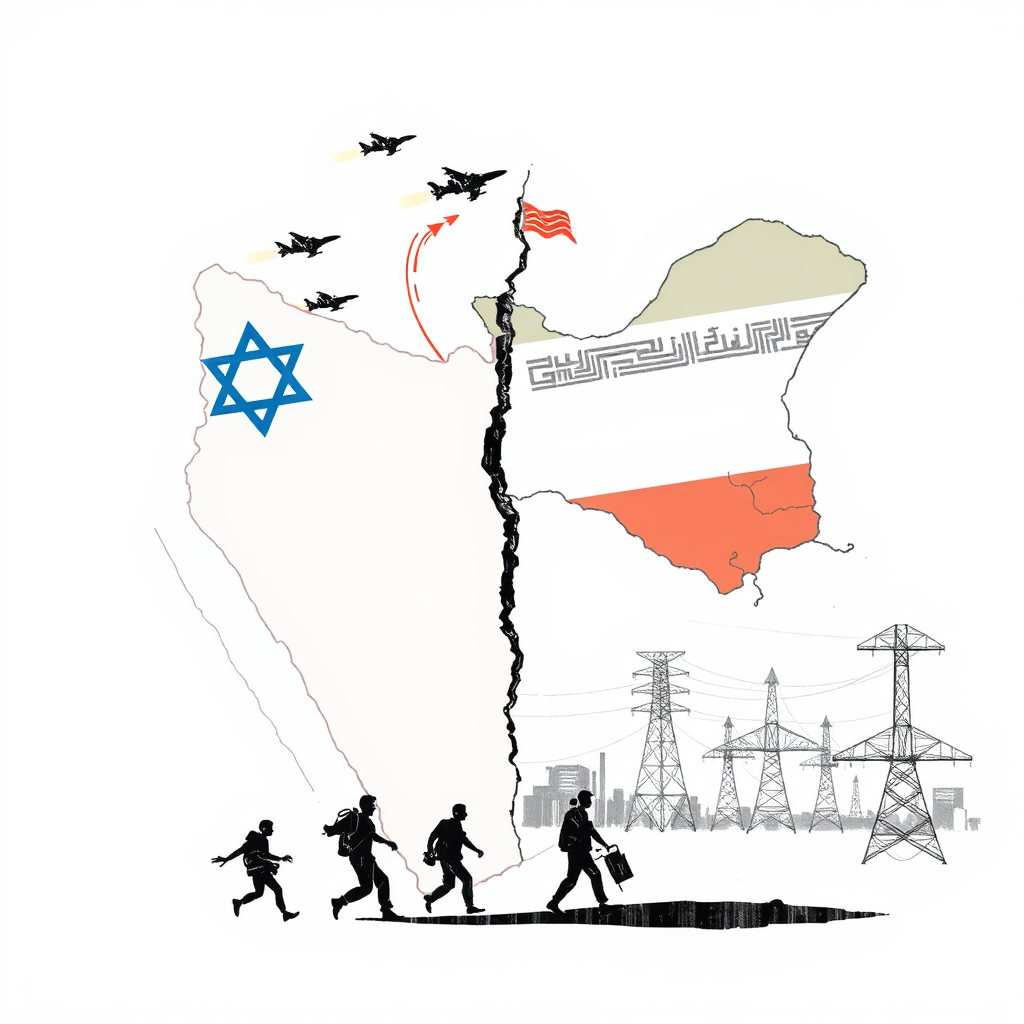Iran and Israel Conflict Escalates Dramatically

Tensions between Israel and Iran have dramatically escalated, with both nations exchanging hundreds of military strikes since June 13th. The conflict, fueled by concerns over Iran’s nuclear ambitions, has resulted in a rising death toll – at least 224 reported in Iran and 24 in Israel. The exchange isn’t simply limited to military targets; reports indicate significant damage to civilian infrastructure including residential buildings, power grids, and oil refineries in both countries.
Israeli Prime Minister Benjamin Netanyahu has asserted that Israeli forces are targeting regime installations, contrasting this with what he claims is Iran’s deliberate targeting of civilians. Meanwhile, residents of Tehran are reportedly fleeing to safer locations, while Israelis are routinely seeking shelter from ongoing air raid sirens.
The situation remains volatile, with no clear path to de-escalation currently visible. Former President Donald Trump has publicly expressed support for a renewed nuclear agreement between the two nations, suggesting a potential role in brokering a deal. He reiterated his support for Israel’s right to defend itself, but also indicated a desire to avoid direct U.S. involvement in a wider Middle Eastern conflict, despite reports of existing military coordination between the U.S. and Israel.
Trump issued a stark warning to Iran against any attacks on U.S. interests, threatening a forceful response. He believes a deal between Iran and Israel is achievable and could bring an end to the bloodshed.
This escalating conflict is deeply concerning. While the stated aim of addressing Iran’s nuclear program is understandable, the current trajectory risks a wider regional war with devastating consequences. The focus should urgently shift towards diplomatic solutions, prioritizing de-escalation and a return to negotiations. The involvement of international mediators, alongside a commitment from all parties to address legitimate security concerns, is crucial to prevent further loss of life and regional instability. Simply hoping for a “deal” isn’t enough; proactive and sustained diplomatic efforts are paramount.